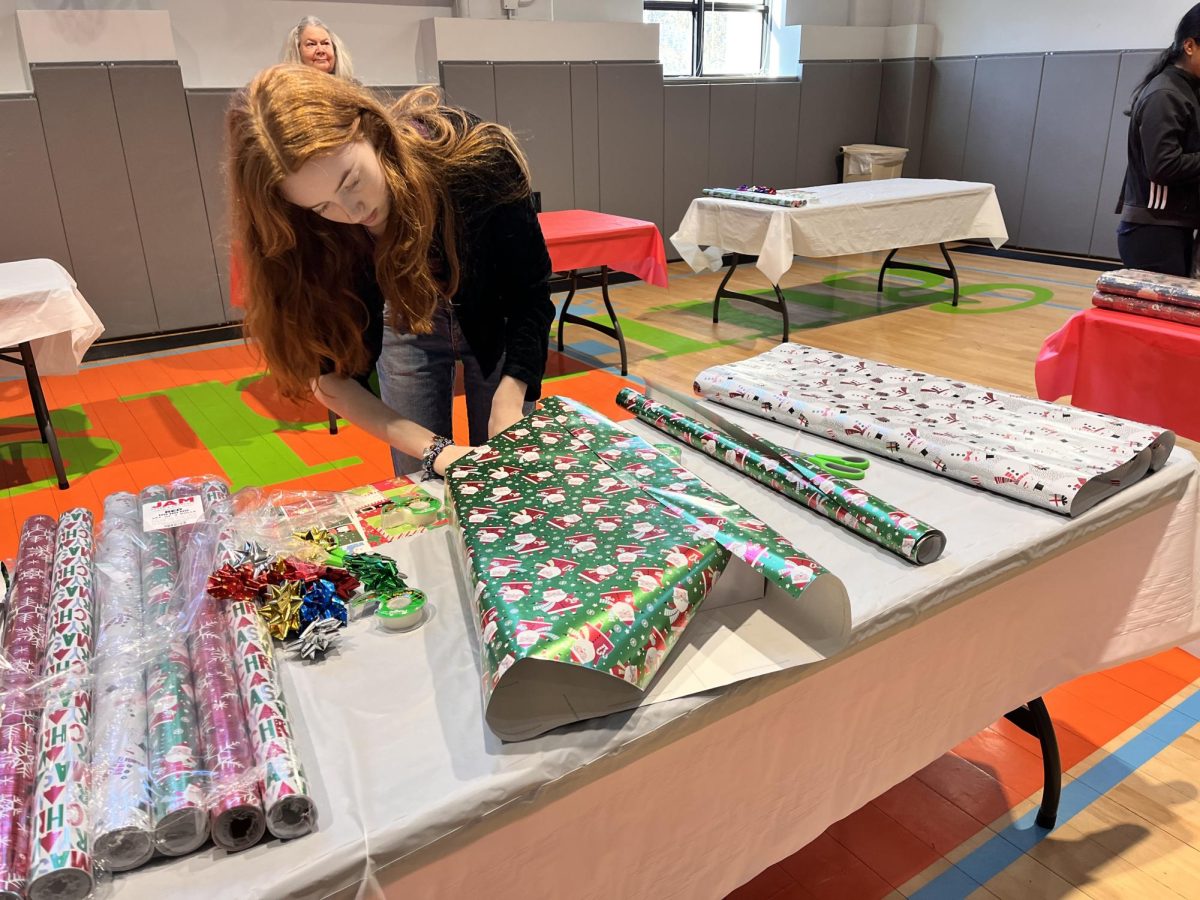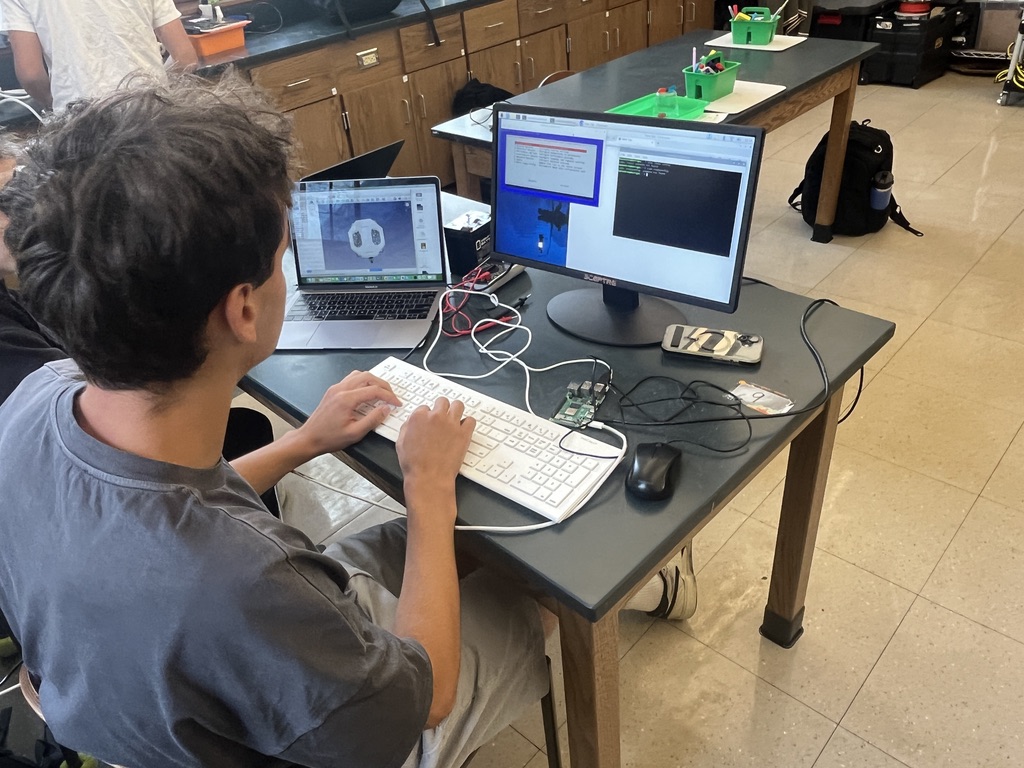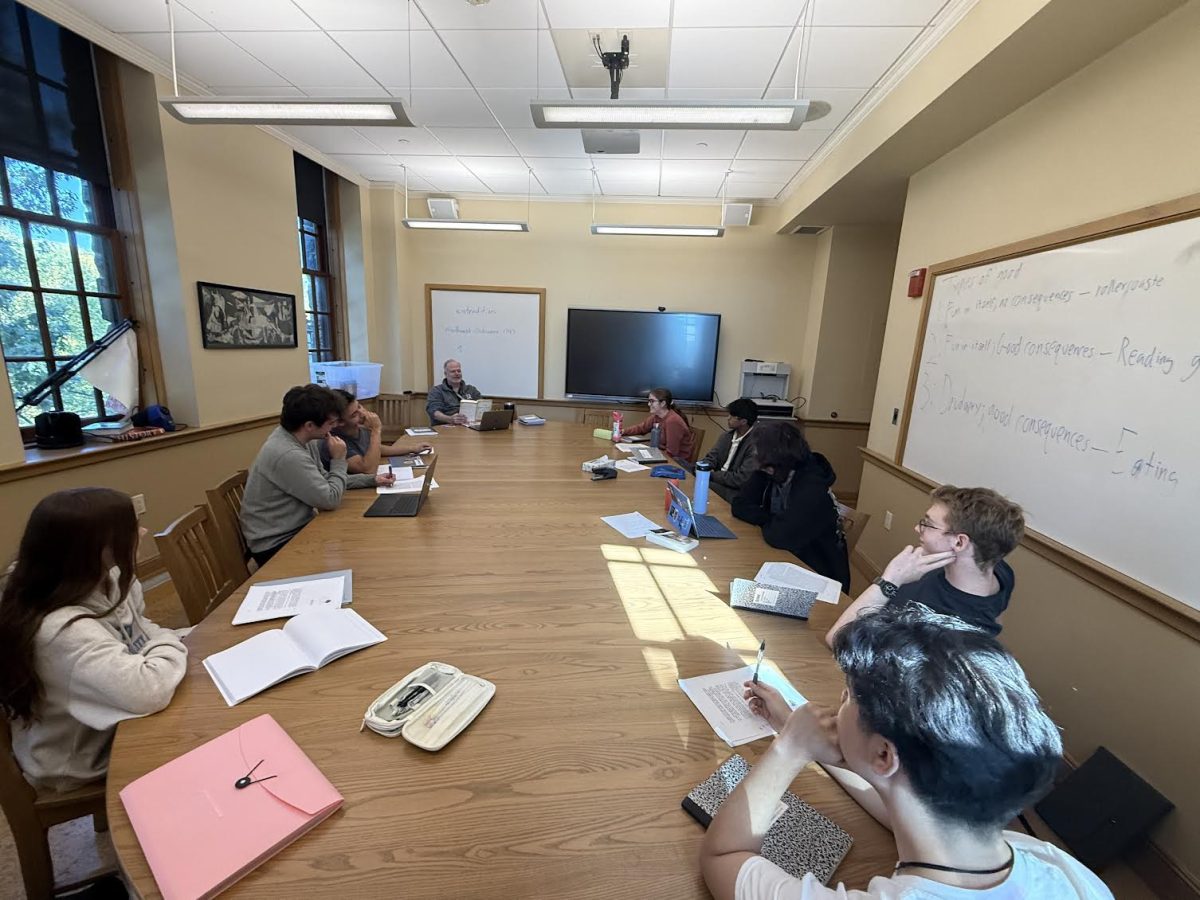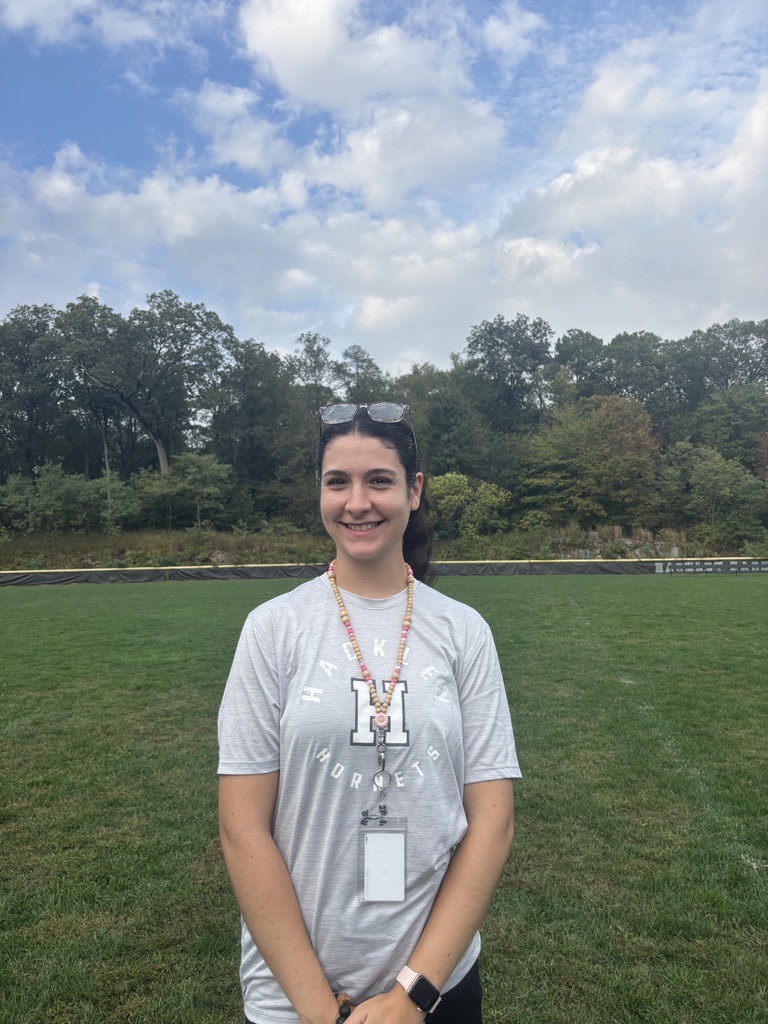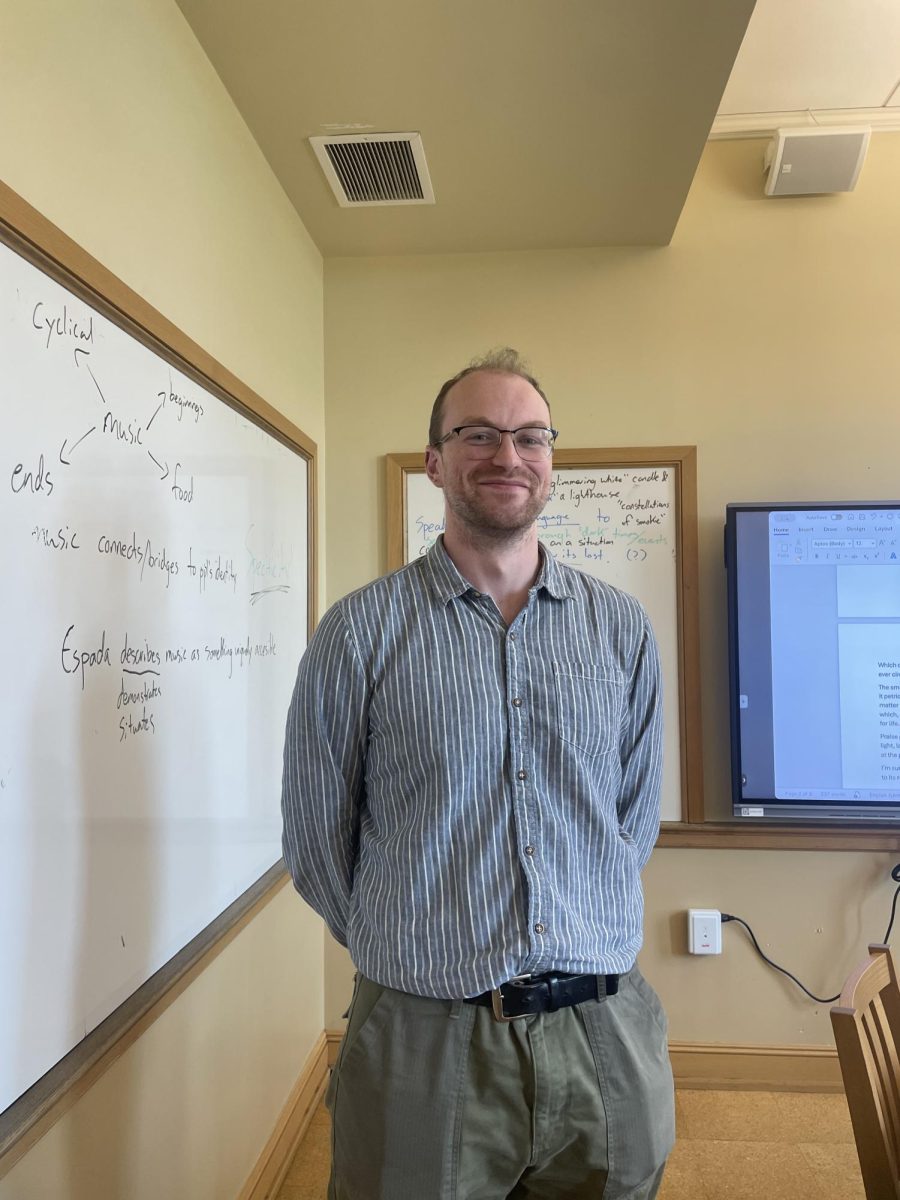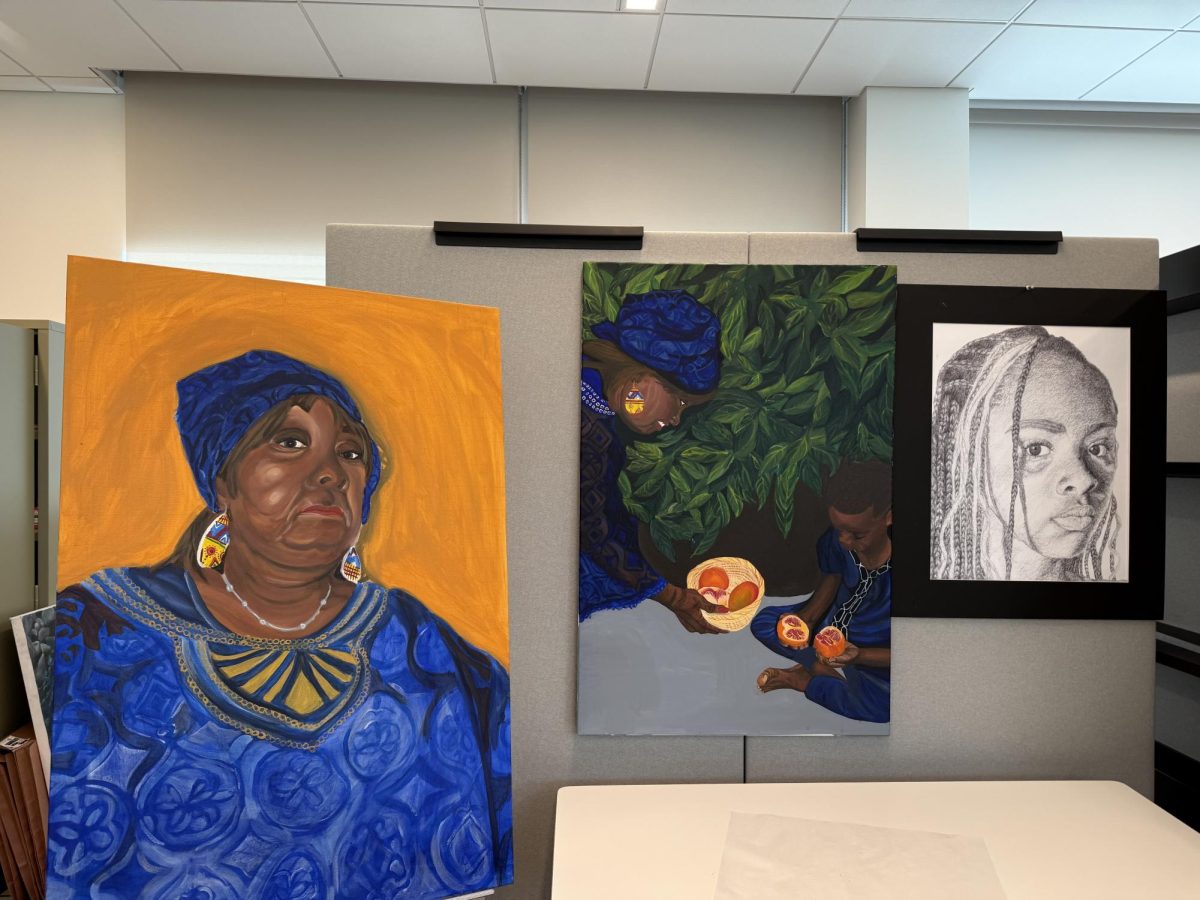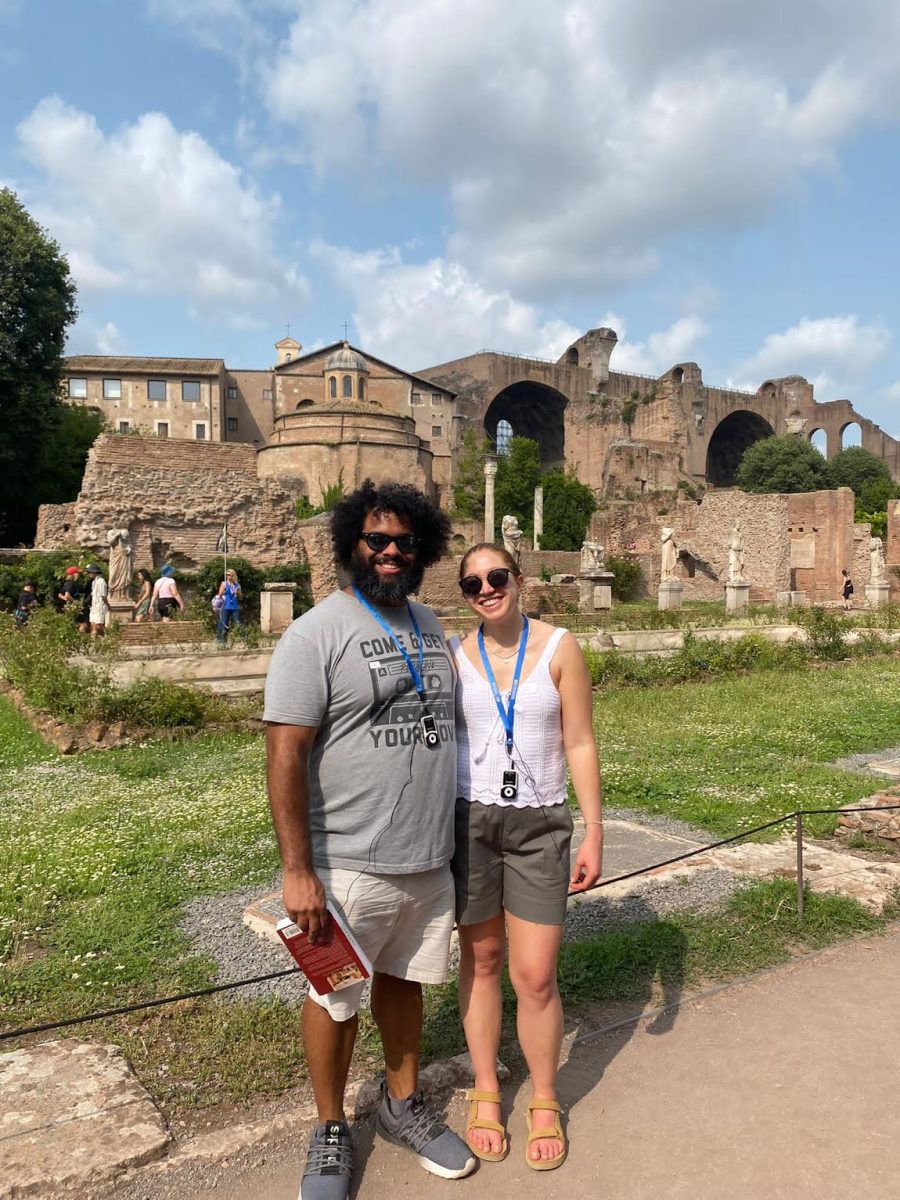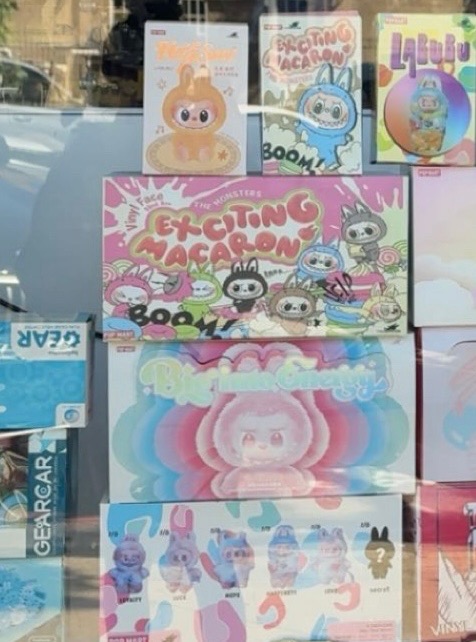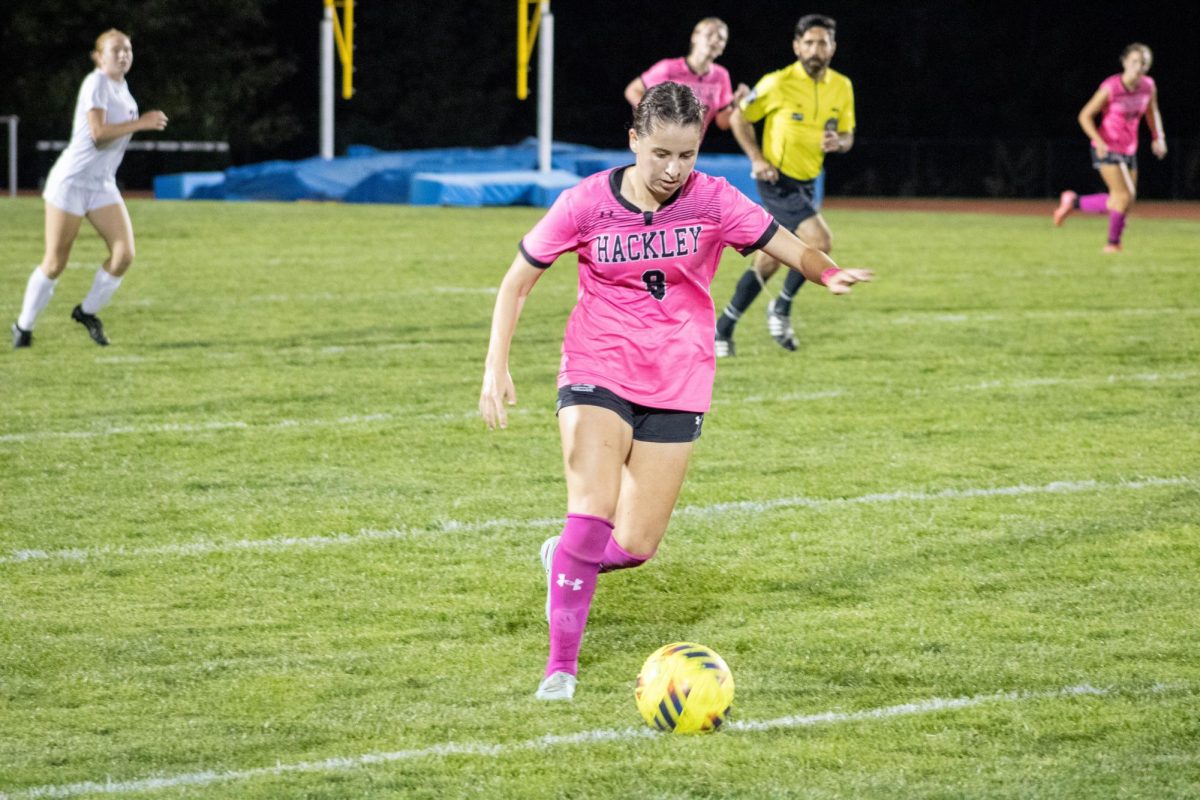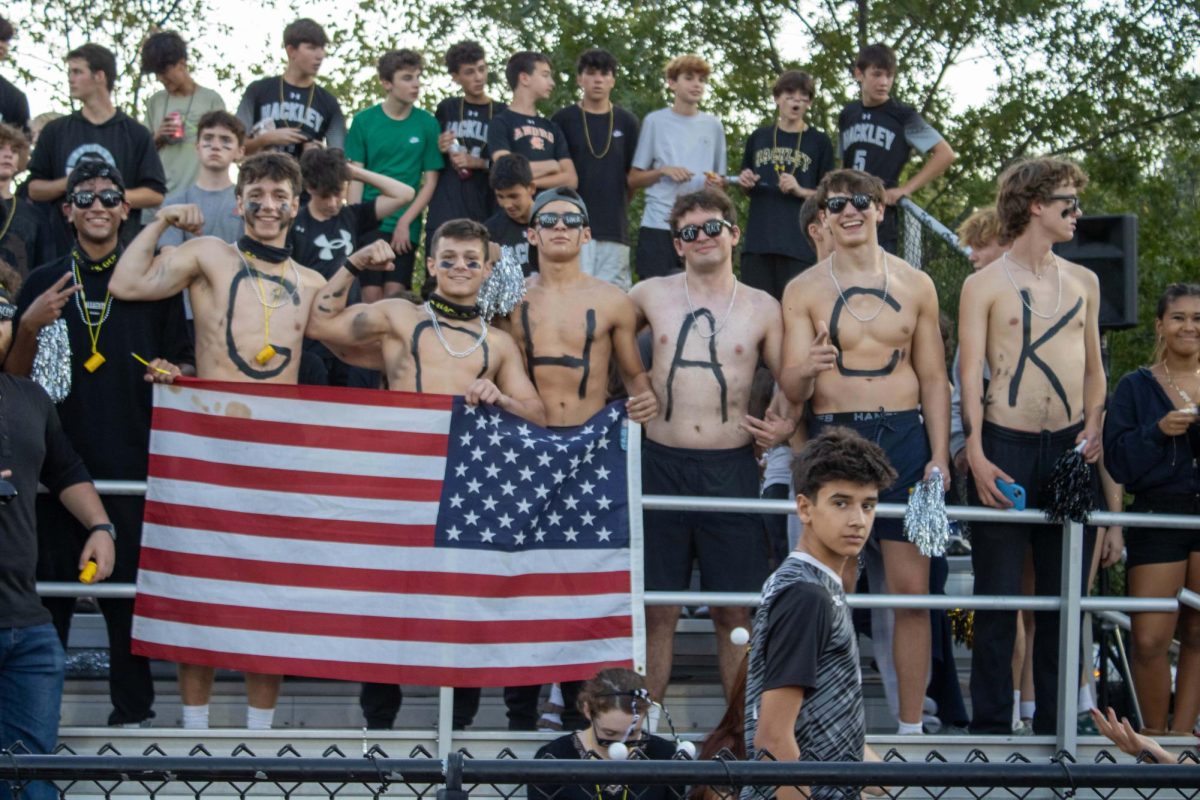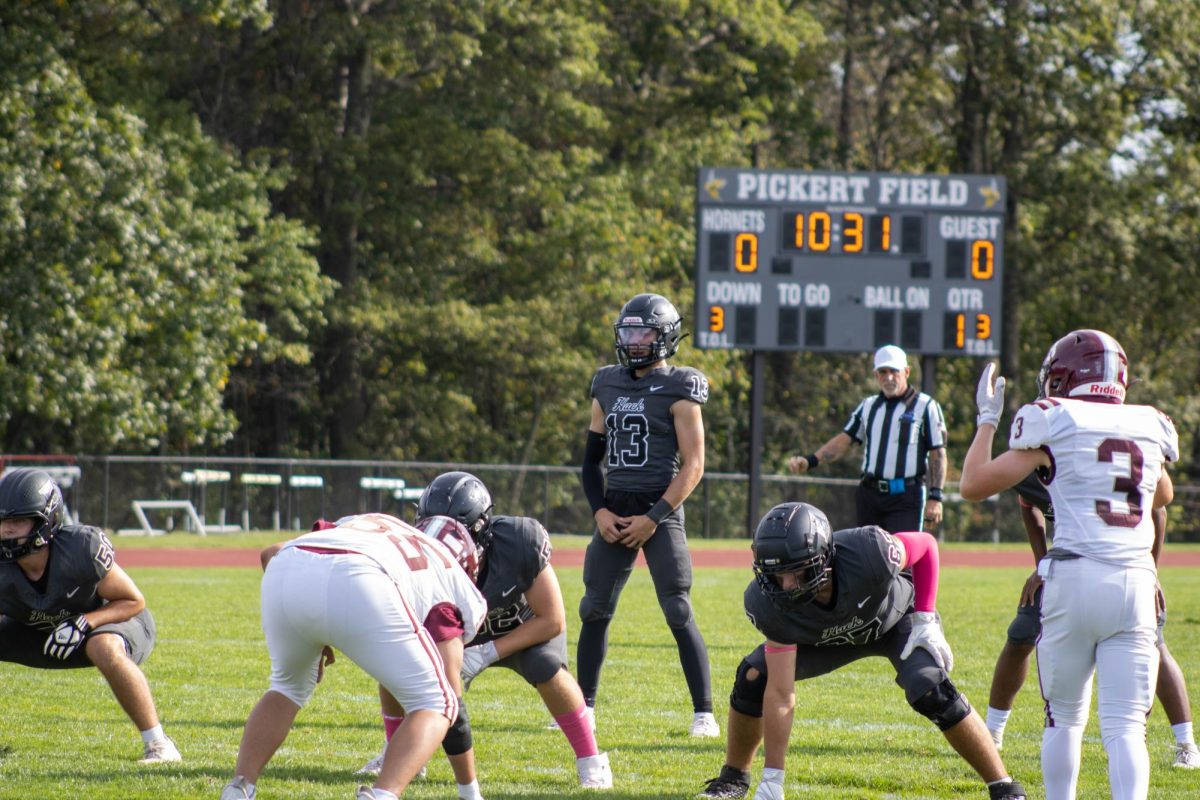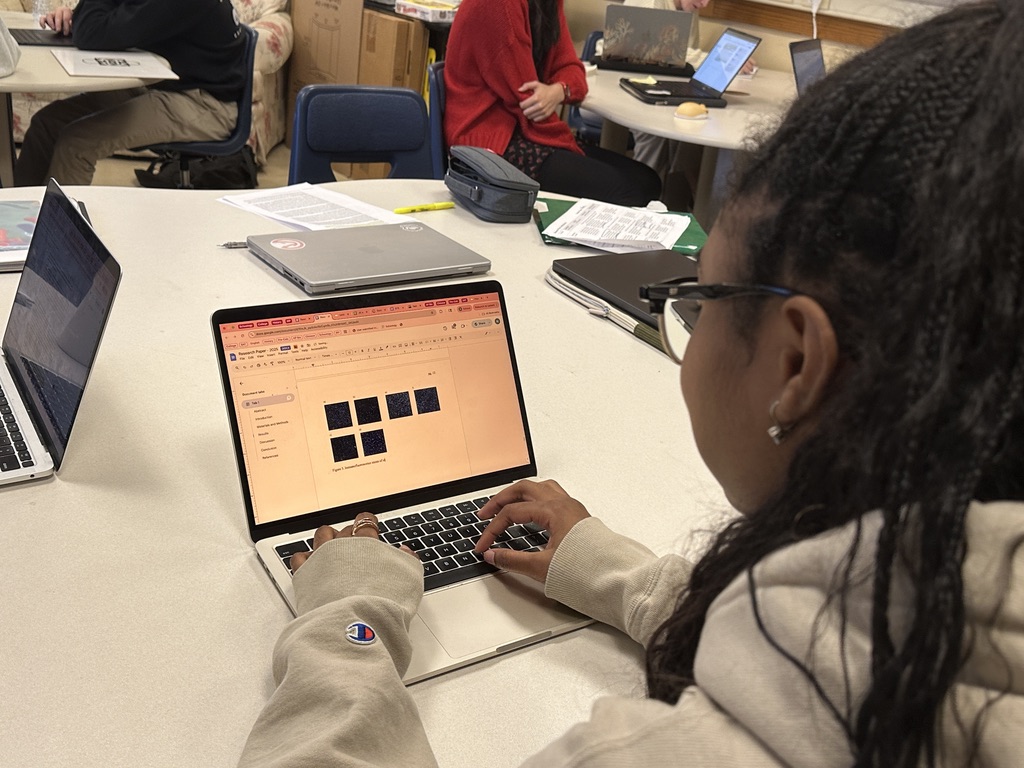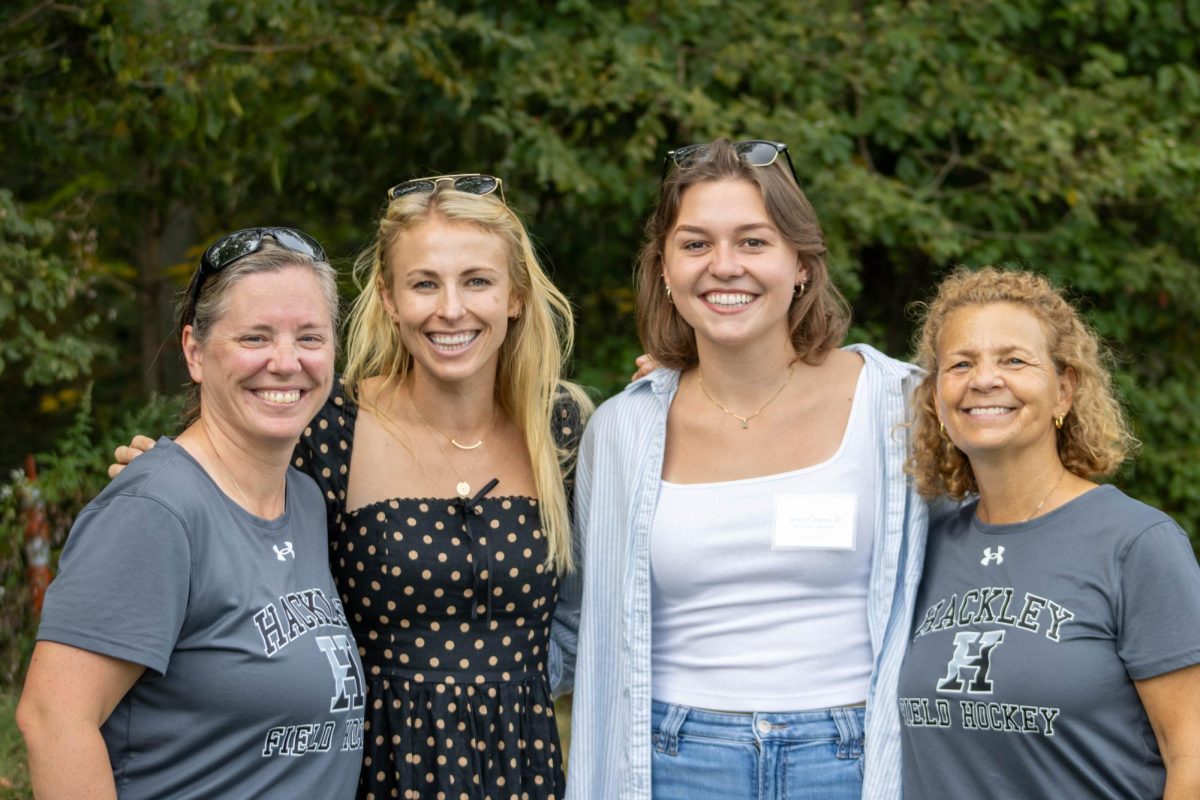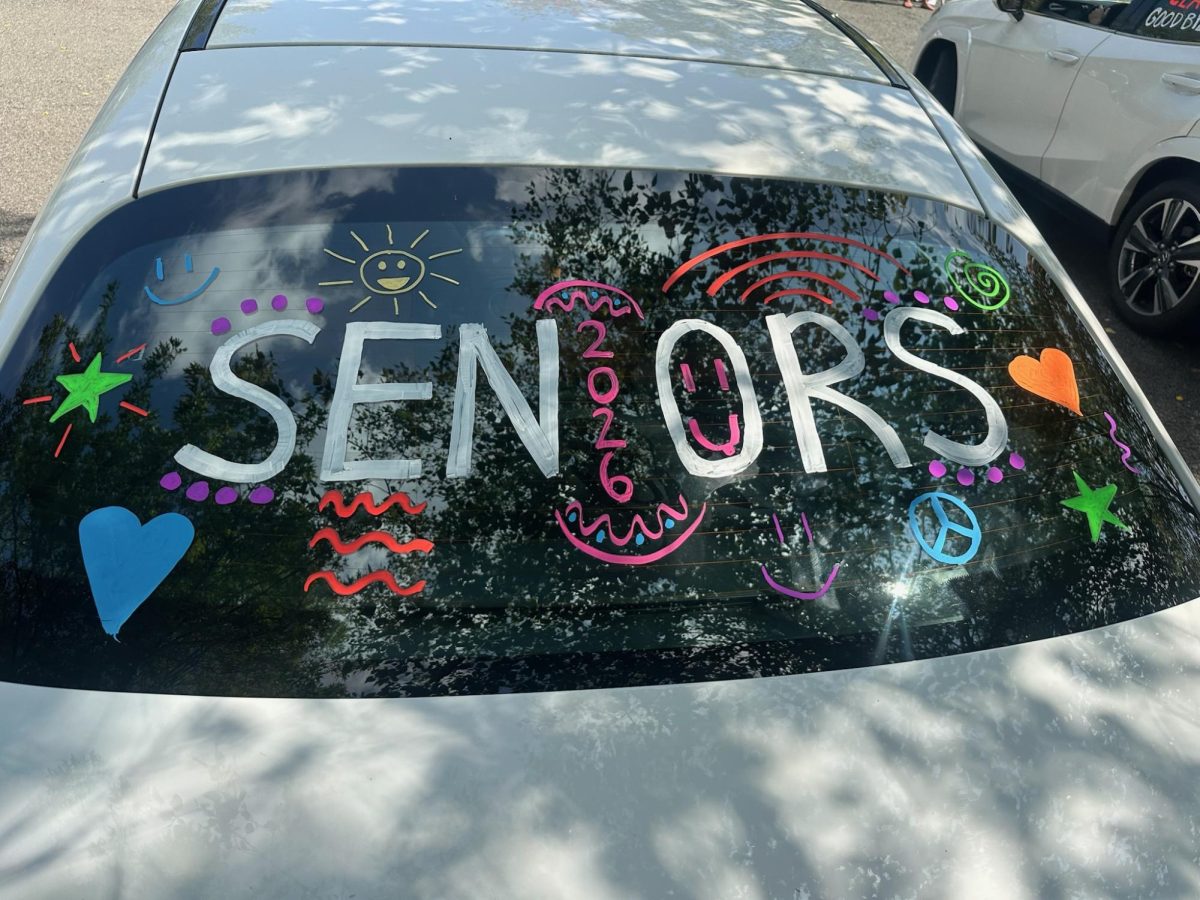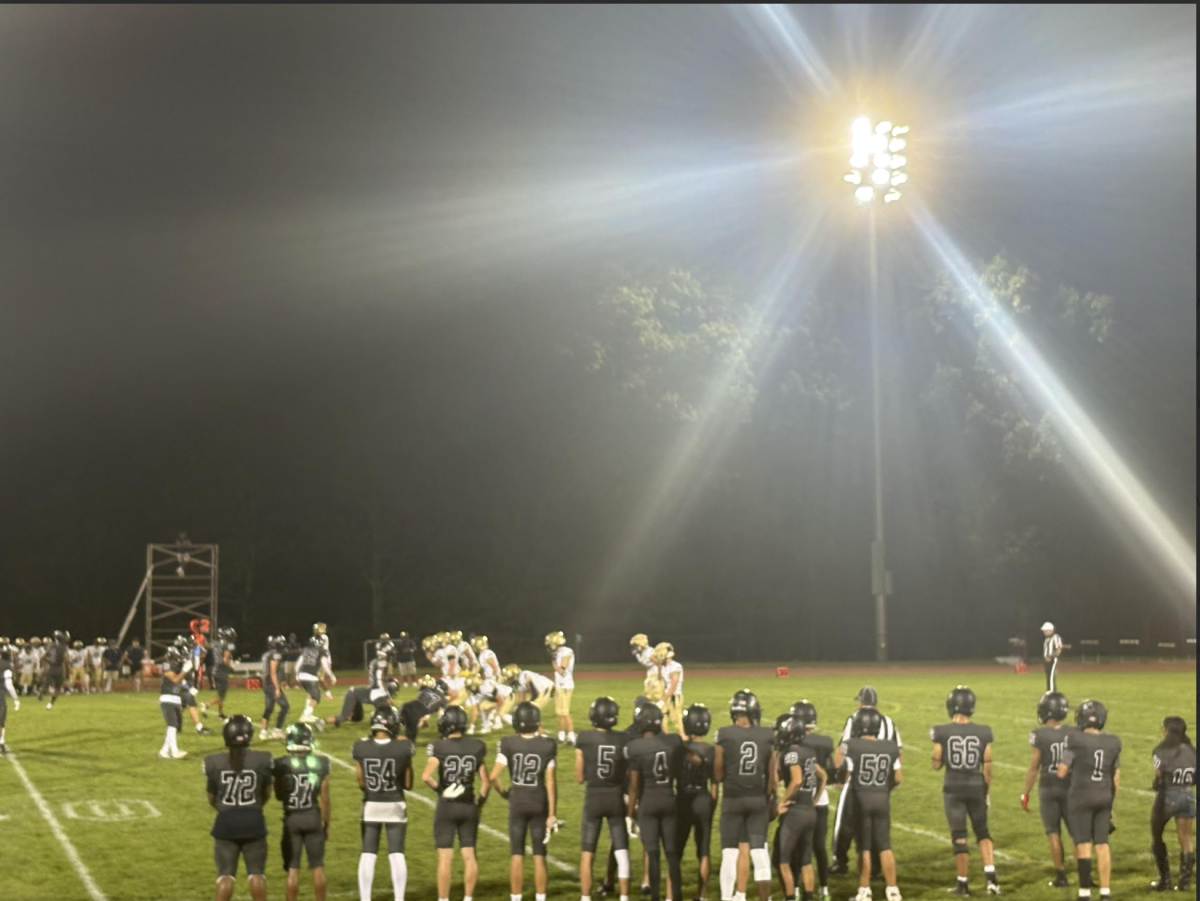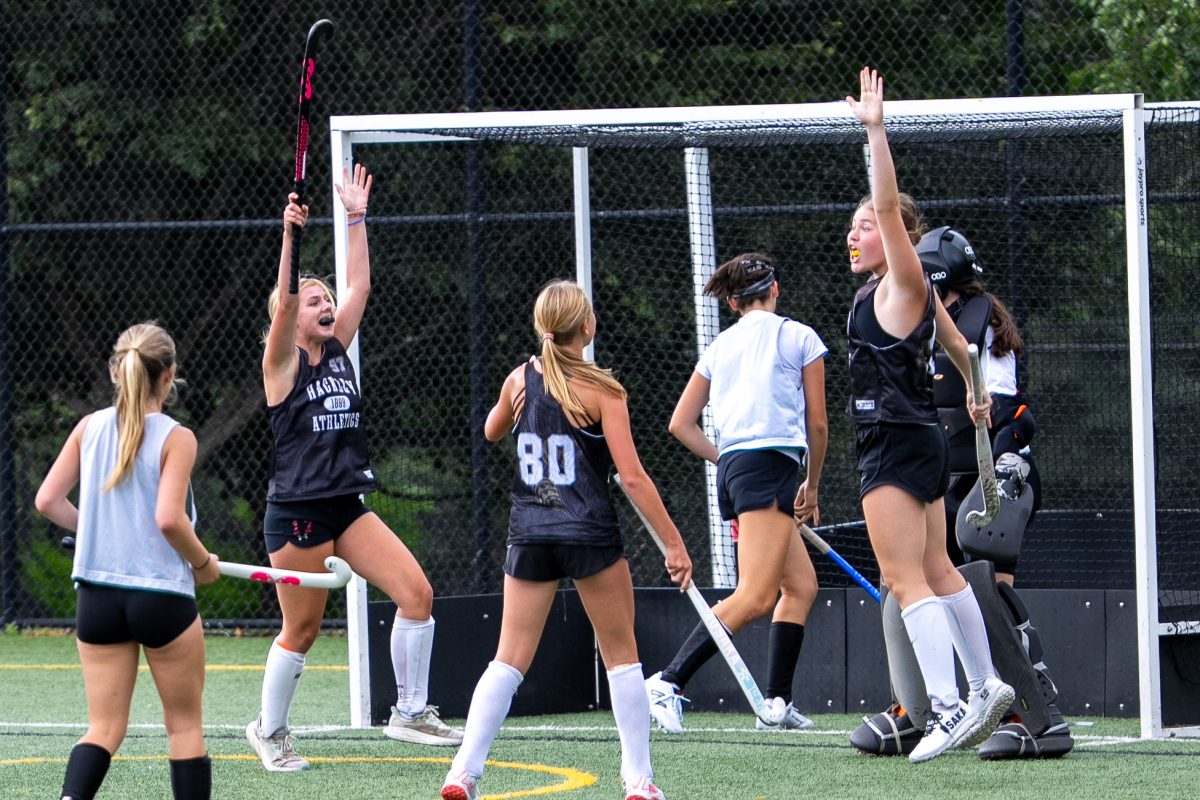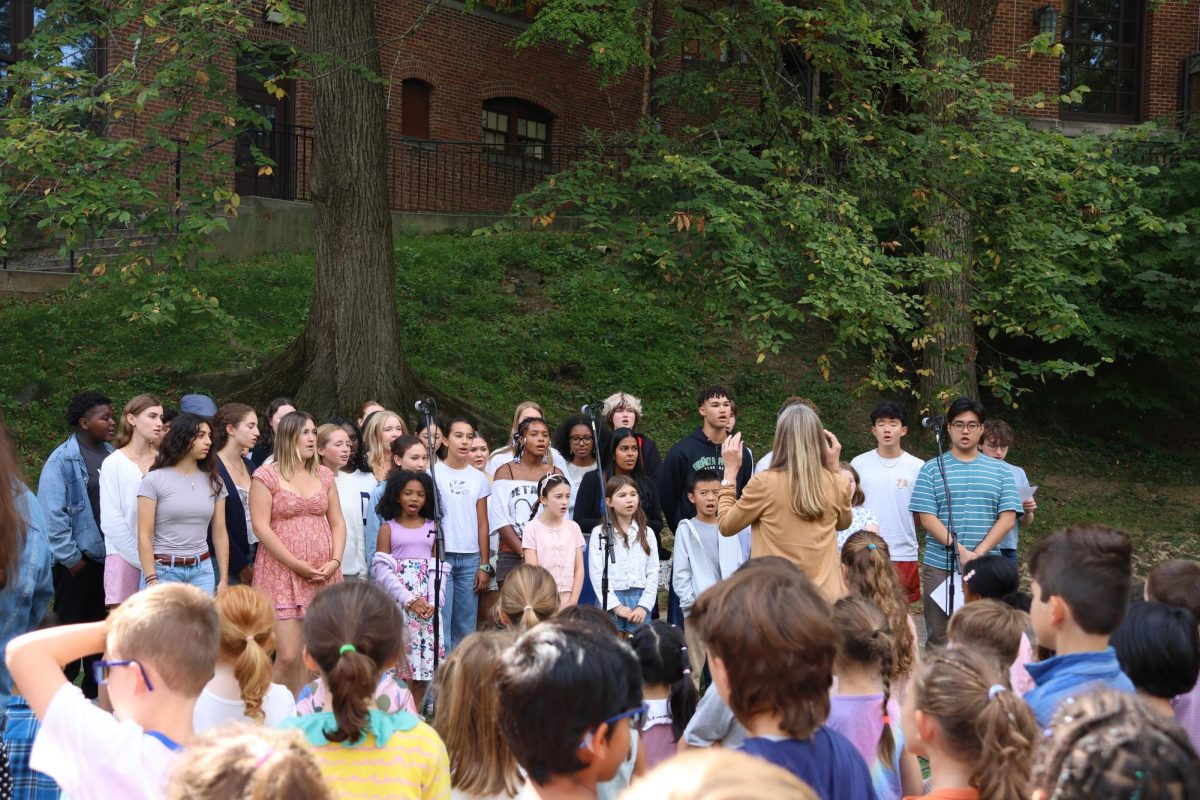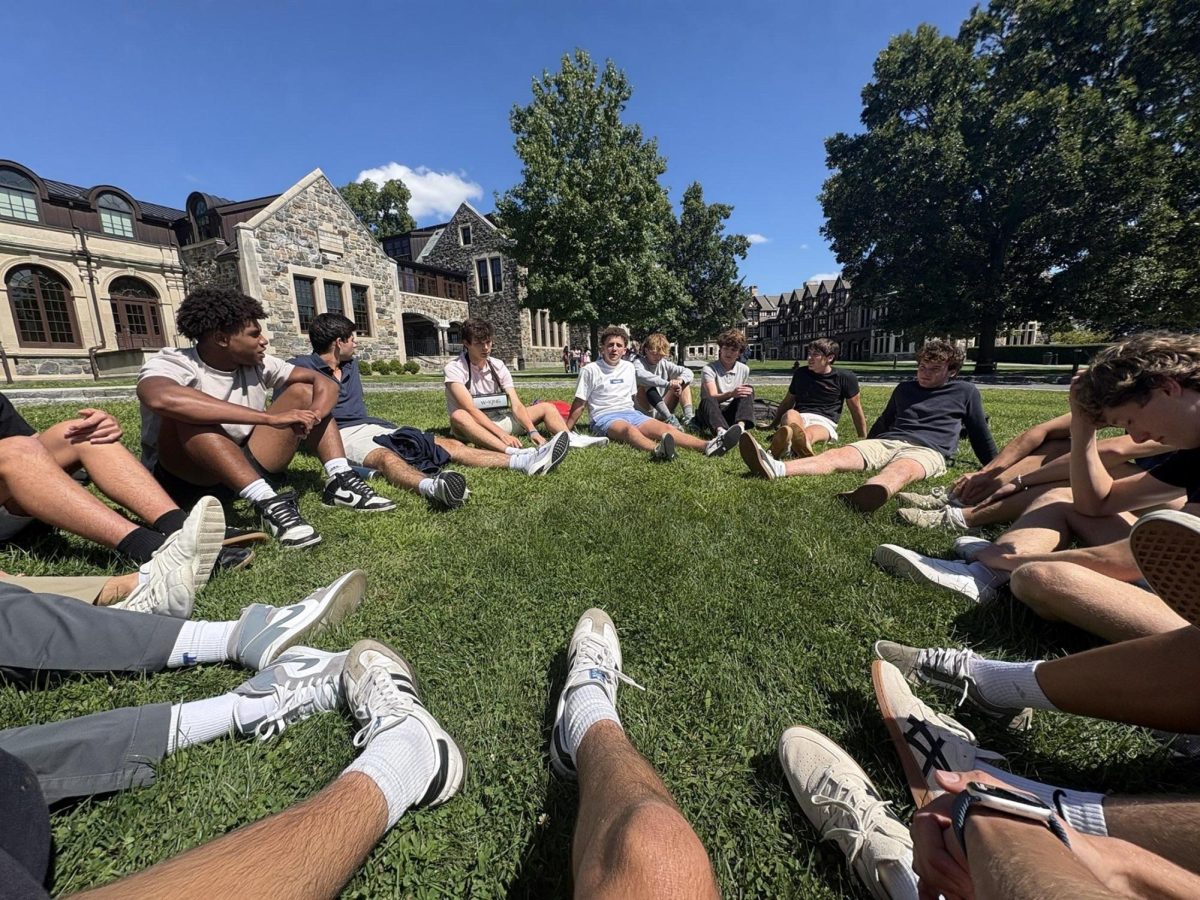Picture this. You show up to school like any other day, ready to go to class. Except this time, your class isn’t a typical classroom. It’s the location of a non-profit organization, and instead of practicing your Spanish-speaking skills with your peers, you’re practicing them with people you don’t know.
On Tuesday, December 12th, seven students from the Post-AP Spanish: Language and Culture Class, taught by Emily DeMarchena, Director of Community Engagement & Service-Learning, headed to Neighbors Link in Yonkers, NY to help distribute toys and gift cards that were donated, in part, in the previous weeks by the K-12 community.
The Hilltop Community donated a total of 458 toys and 54 gift cards. The Upper School donated 146 toys and 38 gift cards, the Middle School donated 209 toys and 15 gift cards, and the Lower School donated 113 toys and 1 gift card.
This field trip was part of the class’s objective to partake in Service-Learning. Service-Learning is a teaching and learning method or strategy that creates a space for students to use and apply what they have learned in the classroom to engage with real-world issues. The service aspect of it can either be directly or indirectly engaging with the community; for this trip, students directly engaged with the community and organization in support of the mission of the organization.
Neighbors Link is an organization that works to strengthen the Westchester community through integrating immigrants in the community, and educating, empowering, and employing families. Some of their programs include “a Worker Center, English as a Second Language (ESL) education, legal services and advocacy, workforce development, parent education, early childhood programs and academic support for school-age children of immigrants.”
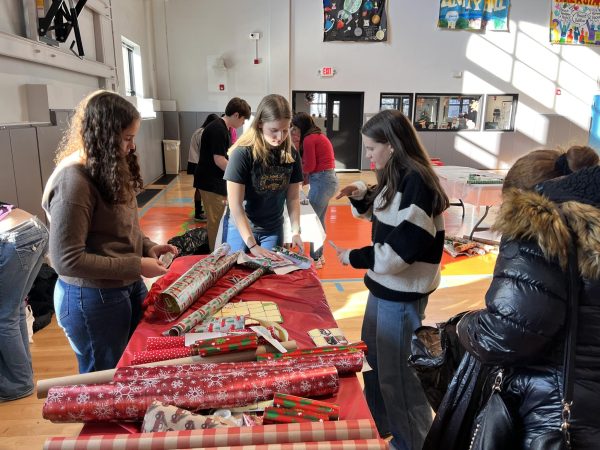
Neighbors Link had a Mercados de Fiestas at each of their three locations in Mount Kisco, Ossining, and Yonkers. Parents who were unable to purchase toys for their children for the holidays were able to pick out toys for them. Students from the class used their Spanish skills, demonstrating the academic component of Service-Learning, and assisted parents in wrapping their children’s presents, as Neighbors Link serves a primarily Spanish-speaking population. For these students, it was an opportunity to use their knowledge of the Spanish language to have real-world conversations with Spanish speakers outside of the classroom. While some students stayed at a gift-wrapping station for the duration of the field trip, others volunteered in shifts, sitting with the children of the parents who were selecting gifts.
Seeing her students being able to connect with others and forget about their nerves is very significant to Ms. DeMarchena, “Because I can see my students are really learning a lot: learning a lot about themselves, learning about the community and practicing their Spanish so there’s that right. It’s just really rewarding to see [students] that are really capable, really smart, you know, really motivated to positively engage with the community and then witness them do it.”
As Ms. DeMarchena emphasizes self-reflection is one of the most fundamental parts of Service-Learning. Before participating in the trip to Neighbors Link, students were asked to reflect on a variety of things, including the goals of Neighbors Link, how it supports the community, any assumptions they had about the community going in, and their own perspectives about the community. Ms. DeMarchena also reviewed some vocabulary that students would need to use during the trip related to gift wrapping, as well as reminding students to use the formal register when speaking to clients.
Junior Jack Ledoux, a member of the Post-AP Spanish class shared a highlight of the trip, “I think I enjoyed talking to people and helping other people. You know, some of them can’t really get the gifts that they need and I feel like it’s putting a smile on the kids’ faces and helping other families have a better Christmas was what made the experience great for me.” Jack also learned that he would like to be more comfortable partaking in small talk in Spanish, especially when speaking formally to adults. This experience also helped him learn how to wrap gifts, one of the more technical skills that came out of this trip.
The students also reflected post-trip, answering questions about what happened on the trip, the impact they had, how they helped Neighbors Link with its mission, and whether or not the assumptions were true. Not only did they personally reflect on how they grew and what they were good at, but they also reflected on their abilities as Spanish speakers.
“There’s a really deep and meaningful learning experience that you can create in doing this kind of community-based project,” said Ms. DeMarchena. From her perspective, Service-Learning can open a door to curiosity that students may not have found had they not explored learning outside of the classroom.
Junior Megan Hopkins, another member of the class, reflected on what she gained from the experience: “I think we gained a lot that we wouldn’t be able to gain in a classroom setting because obviously, in class, we’re always speaking to each other, but we’re speaking to the same group of like seven students. So it’s kind of hard to gain new perspectives and we’re talking to the same people and also everyone speaks Spanish, obviously, at different levels, but we’re not really speaking to native Spanish speakers. So that’s obviously a whole different game. And I think it’s just very, very different and it kind of makes you realize what you need to work on in a very different way.”
Megan also teaches karate to younger kids, many of whom speak Spanish. She often has to speak to their parents, requiring her to change from informal to formal register in Spanish. This trip helped her realize that she is much more comfortable speaking informally to kids, and that her goal is to get more comfortable switching between speaking to the two groups.
Ms. DeMarchena has been collaborating with Neighbors Link for her Spanish classes for 15 years. She selected Neighbors Link because they are a hyper-local organization that is dedicated to helping immigrants, children, and families that need support. This is especially important, as foreign-born persons comprise 25.6% of the population in Westchester County, which is significantly higher than the 13.6% of foreign-born persons that make up the entire United States population.
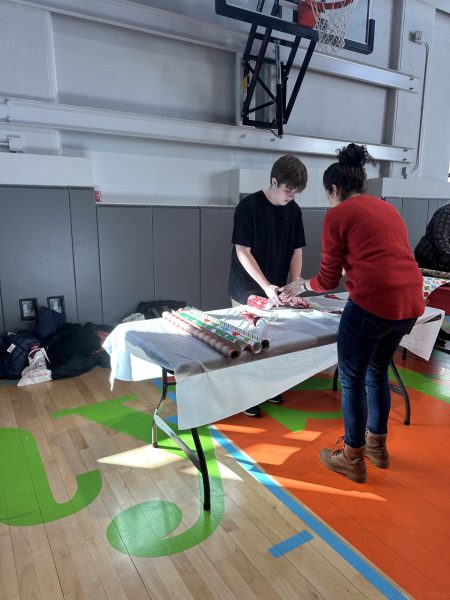
Junior Jack Ledoux is seen wrapping a gift, with assistance from his teacher, Emily DeMarchena. Jack learned that he wants to work more on his formal Spanish-speaking skills. On the more technical side, Jack also learned how to wrap gifts, as this was his first time doing so.
Another essential part of Service-Learning is maintaining a connection with the organization with which one is partnering, especially for a long period of time. This is why Ms. DeMarchena has been working with Neighbors Link for so many years and will continue to work with them in the future. For her, it is important that the organization can trust that she is advocating for and supporting them.
The students will also be collaborating with Neighbors Link in February for their Parent Child Together (Adelante Juntos) program, where students will help to lead and organize a two hour class about media literacy that will be presented to parents. According to Neighbors Link, these classes are centered around, “positive parenting skills, early childhood development and school readiness.” While parents attend these classes, their children (from birth to age four) attend classes that involve “pre-literacy concepts that reflect age appropriate developmental milestones” like reading, music, and learning colors, shapes and the alphabet. Students will be preparing for this project in class up until the date of their event.
Ms. DeMarchena has also partnered with Open Door Family Medical Center, Westhab, and Hudson Scholars in the past, noting that the service trip she and her students make is one of the central parts of the Post-AP: Language and Culture course.
“This is fifteen years, sixteen years of doing some sort of Service-Learning in my upper-level classes. Every single time at the end of the course, and, I’m like ‘What is one thing that shows up or stayed with you?’ Nine out of ten times, it’s whatever Service-Learning project we did. Because the depth and the breadth of the learning was so different, probably, and new, but also something that just stays with people a little bit longer than just learning within the confines of the classroom,” said Ms. DeMarchena.


